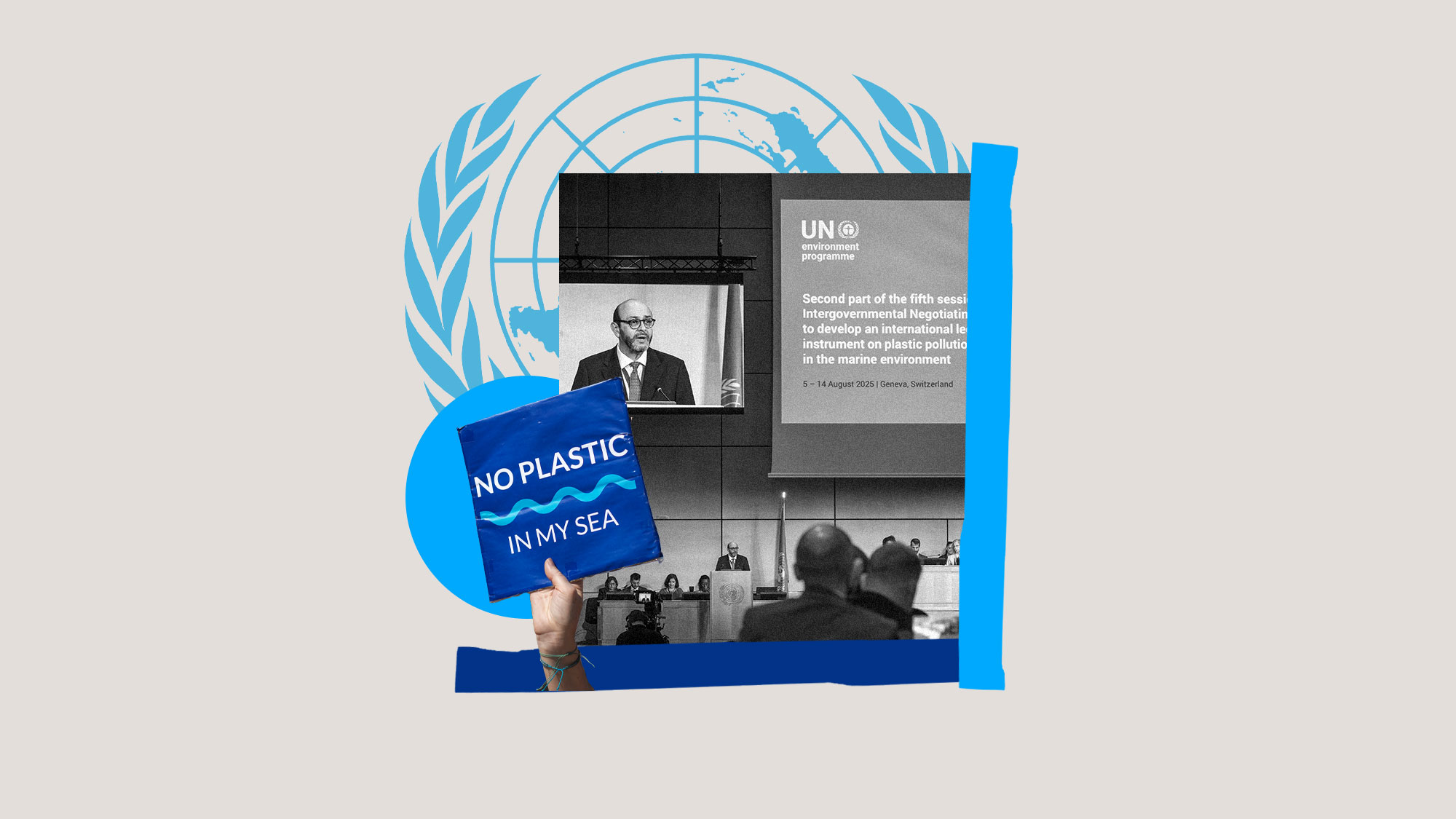Now Reading: Key Players at the Plastics Treaty Talks: Delegates and Lobbyists in Focus
-
01
Key Players at the Plastics Treaty Talks: Delegates and Lobbyists in Focus
Key Players at the Plastics Treaty Talks: Delegates and Lobbyists in Focus

Swift Summary
- Countries are negotiating a Global Plastics Treaty under teh United Nations to combat plastic pollution, aiming for completion by 2024.
- Plastic production as the 1950s has risen to 460 million metric tons annually, projected to triple by 2060; only 9% is recycled.
- Two main alliances have emerged during negotiations:
– High ambition Coalition (70+ nations) advocates for legally binding limits on plastic production and hazardous chemicals. It interprets “full life cycle” of plastics as including mandatory reductions in production levels. Key members include Norway, Rwanda, Canada, South Korea, and several EU nations.
– Like-minded Group (Iran, Russia, Saudi Arabia among others) opposes production caps and prioritizes increasing recycling and tackling existing waste through voluntary measures.
- Other blocs influencing negotiations include regional alliances like African Group (calling for financial aid), GRULAC (supporting binding measures), AOSIS (aligned with High Ambition goals but divided over curbing plastic production). india participates actively but is not named specifically in any bloc or coalition.
- Observers-such as civil society groups advocating stringent measures-and private sector representatives offer varied input ranging from aspiring reduction targets to focusing on waste collection infrastructure.
- Petrochemical industry lobbyists advocate against limiting plastic production while promoting recycling-focused strategies.
Indian Opinion Analysis
India’s role in these global negotiations holds notable potential for influencing sustainable policies aligned with its domestic environmental challenges stemming from rampant plastic usage and pollution. Acting strategically could position India as a bridge between differing coalitions-drawing attention to equitable solutions that consider developmental needs while curtailing global damage caused by unchecked industrial outputs.The treaty discussions emphasize shared obligation but highlight disparities between wealthier nations driving consumption versus developing countries grappling with imported waste management struggles-a key concern relevant to India’s standpoint due to mounting pressures tied to urban waste disposal systems.
By leveraging scientific expertise domestically and backing binding international agreements towards reducing harmful plastics-including improved funding mechanisms-it could tackle long-term health/surroundings risks comprehensively without compromising economic growth objectives linked heavily intertwined manufacturing sectors thereby scale progressive scalable approaches ideal locally adaptable

























